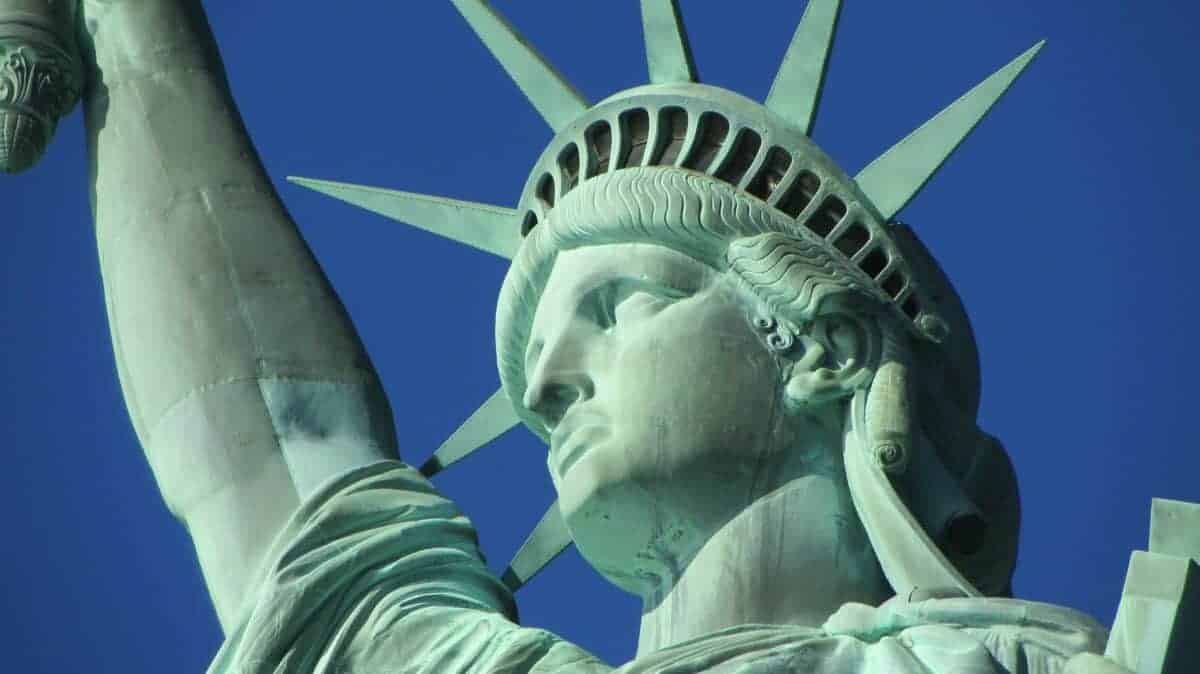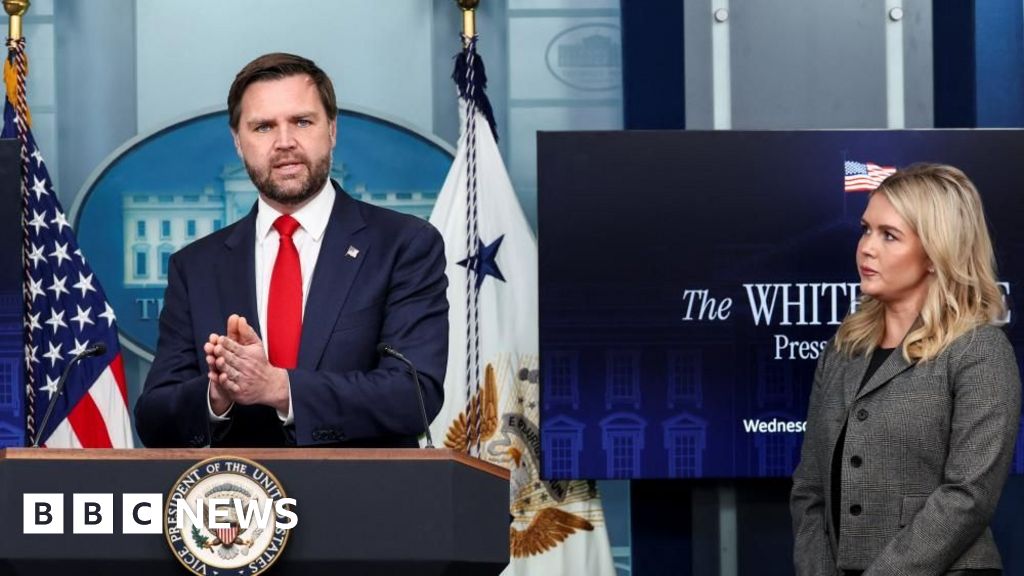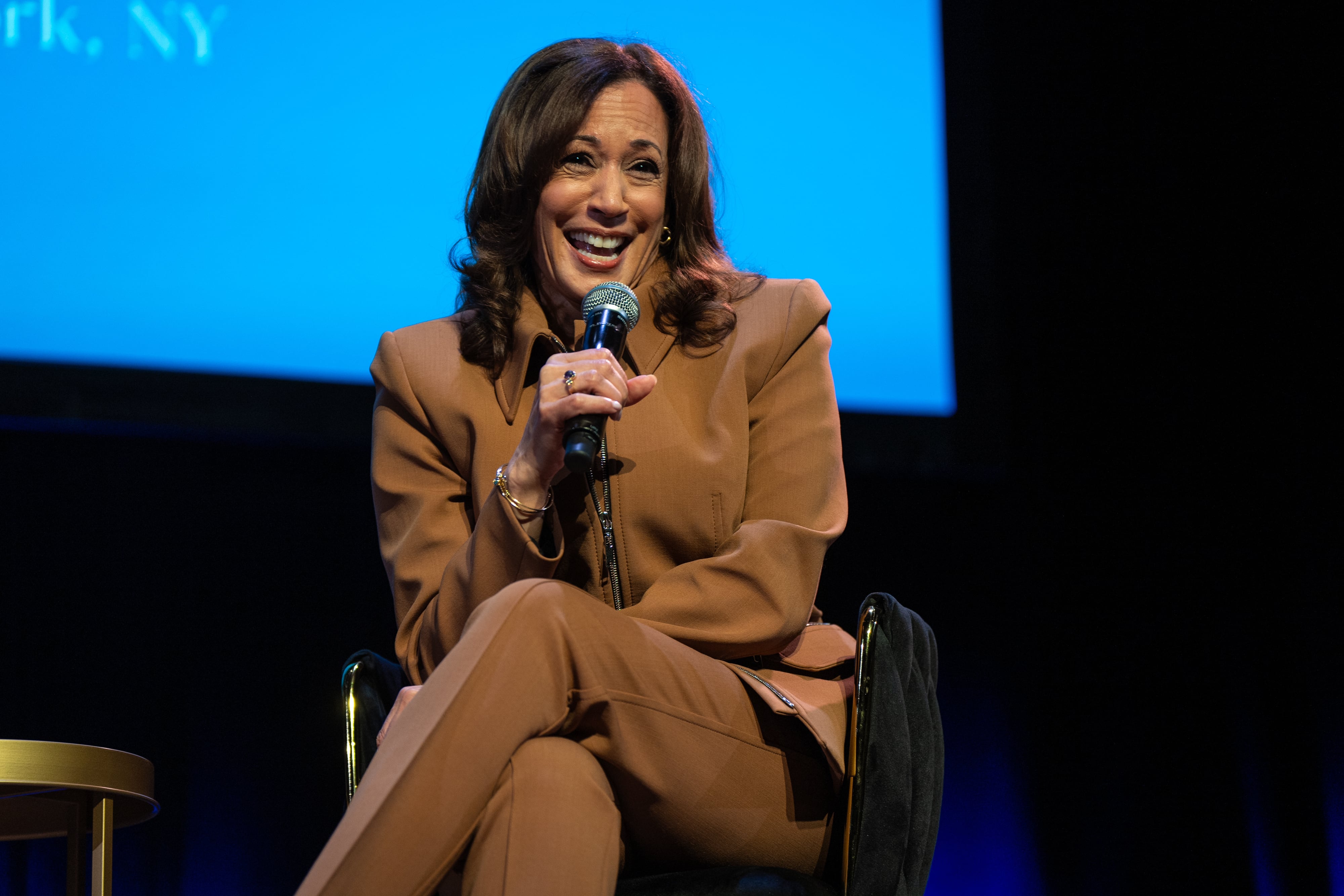Is American Democracy Under Threat? A Conversation with Osita Nwanevu
Following the 2024 election of Donald Trump to a second term, concerns about the state of American democracy have intensified. Journalist Osita Nwanevu argues in his book, "The Right of the People: Democracy and the Case for a New American Founding," that the United States has never truly been a democracy, and outlines a path towards a more democratic future.
The Foundations of American Government
Nwanevu contends that the U.S. was not founded as a democracy. Institutions like the Senate and the Electoral College are designed to be undemocratic. He suggests that the founders were skeptical of democracy, aiming to create a republic with checks and balances that were democratically inaccessible to most Americans.
“We can see ourselves as founders with as much or more of a right to establish the country we want than Jefferson and Madison and Washington or all these people two centuries before us,” he says. “We have higher, better, grander aspirations for what America could be than they did. So, why not use that to embark on a project of national refounding?”
Defining Democracy and its Absence in the U.S.
Nwanevu defines democracy as a system where those governed are the ones who govern. He identifies three characteristics of a true democratic system: political equality, responsiveness, and majority rule. He argues that the American political system fundamentally flouts these principles.
He points to the lack of representation for residents of Washington, D.C. and Puerto Rico, as well as the unequal representation in the Senate, where smaller states have disproportionate power compared to larger states like California. This inequity shapes policy in dramatic ways.
Historical Context and the Founder's Intent
Nwanevu acknowledges the debate between liberals and conservatives regarding the founder's intentions. He argues that conservatives are historically correct in stating the founders were hostile to democracy, as they aimed to prevent populist economic reforms that they felt undermined private property.
According to Nwanevu, the institutions created by the founders were republican institutions that emphasized the distribution of power but weren't intrinsically democratic. The goal was to create a republic democratically inaccessible to most Americans. He maintains that a more democratic America requires losing illusions about the system's nature and embracing a democratic encounter to enact necessary reforms.
Paths Towards Democratization
Nwanevu advocates for both near and medium-term reforms, such as adding new states, adding justices to the Supreme Court, and abolishing the Electoral College. He also calls for a broader movement for democracy, akin to the Civil Rights Movement, to gradually democratize politics and the economy.
This long-term vision includes economic changes and fundamental reforms like replacing the United States Senate. He believes that addressing the immediate political crisis of authoritarianism requires these near-term reforms.
Strengthening Associational Bonds
Nwanevu emphasizes the importance of strengthening associational bonds and civic institutions. He sees the weakness of political parties like the Democratic Party as an opportunity for people with a sense of purpose and direction.
Reviving unions and other institutions that build worker power is crucial, as they serve as training grounds for democracy and enable people to develop the skills needed for civic engagement. He believes that embedding democracy in people's lived experiences makes it more robust and less susceptible to authoritarianism.
Economic Inequality as a Threat to Democracy
Nwanevu stresses that inequality poses a fundamental risk to democracy. He criticizes the influence of wealthy individuals and corporations on the political system, arguing that their economic power undermines the power of working people.
He points to examples like Amazon leveraging its economic power to influence local politics. He also mentions the suspension of Jimmy Kimmel, fueled by the duopoly of Sinclair and Nexstar, as a demonstration of how concentrated economic power can be undemocratic.
Re-evaluating Conceptions of Corruption
Nwanevu suggests a rethinking of corruption, focusing on the concentration of wealth and its influence on politics. He argues that regulating quid pro quo arrangements is insufficient and that addressing the structure of economic firms is essential to prevent the wealthy from upending democratic politics.
He advocates for protecting workers from being fired for their private speech and moving towards a system of just cause employment. These reforms can both safeguard individual freedoms and facilitate the organization of labor unions, bolstering the power of workers in the economy and the political sphere.
The Hollow Defense of "Our Democracy"
Nwanevu critiques the current political obsession with defending "our democracy," calling it hollow because many Americans don't believe existing institutions are working in their interests. He finds it dangerous to build a case for democracy on top of institutions that are failing.
He argues that Democrats need to recognize that the threats to democracy are not just embodied by Donald Trump, but by a Republican Party that doesn't fundamentally believe in democracy and actively defends anti-democratic institutions.
A Vision for the Democratic Party
Nwanevu believes that a vision of expanding democracy and building it into other parts of our lives, especially the economy, can serve as an overriding ideology for the Democratic Party. This vision should connect concern about authoritarianism to resisting authoritarianism in everyday structures of work.
It could appeal to those distrustful of economic institutions and offer a vision beyond protecting and upholding the status quo. He sees this approach as grounding democracy in material needs, offering people a means to materially empower themselves.
Challenges and Future Prospects
Nwanevu doesn't see any current politicians leading the way on this vision. He sees the current grab-bag policies of the Democratic Party as lacking a connecting vision, and believes the concept of democracy can provide that connective tissue.
He suggests that democracy should be understood as the background idea uniting different parts of the progressive agenda, encompassing the right to vote, democratic agency as workers, women's reproductive rights, and access to affordable healthcare and climate policy. This concept, he suggests, unites disparate progressive concerns with the idea of living lives that are not merely victimized by circumstance.
The 250th Anniversary and a Call for a Third Founding
The upcoming 250th anniversary of the Declaration of Independence provides an opportunity to reflect on the state of American democracy. Amidst concerns about the future, Nwanevu's work offers an act of compassion and a moment for radical thinking. He calls for a "third founding" akin to the Second Reconstruction, based on a commitment to a multiracial political and economic democracy.
This undertaking is framed as a "Project 2049," envisioning a better country and planning for its attainment. This requires carefully considering what significant majorities wish to preserve and what they desire to improve about the American system. The amendments that represent Foner’s “second founding” - including the birthright citizenship that Trump hopes to interpret away - could only happen because the slave states had seceded from the Union. Once they were readmitted, they worked to halt the Reconstruction project of building a multiracial democracy.
In a time where pessimism can be pervasive, Nwanevu's insistence on the goodness of democracy and the potential for a more just future offers a beacon of hope.
 Visit the website
Visit the website







